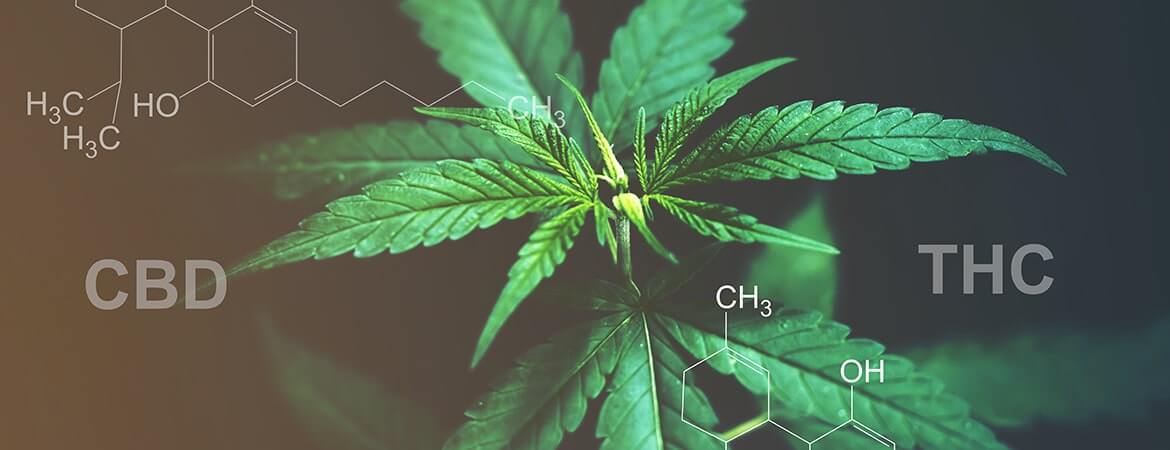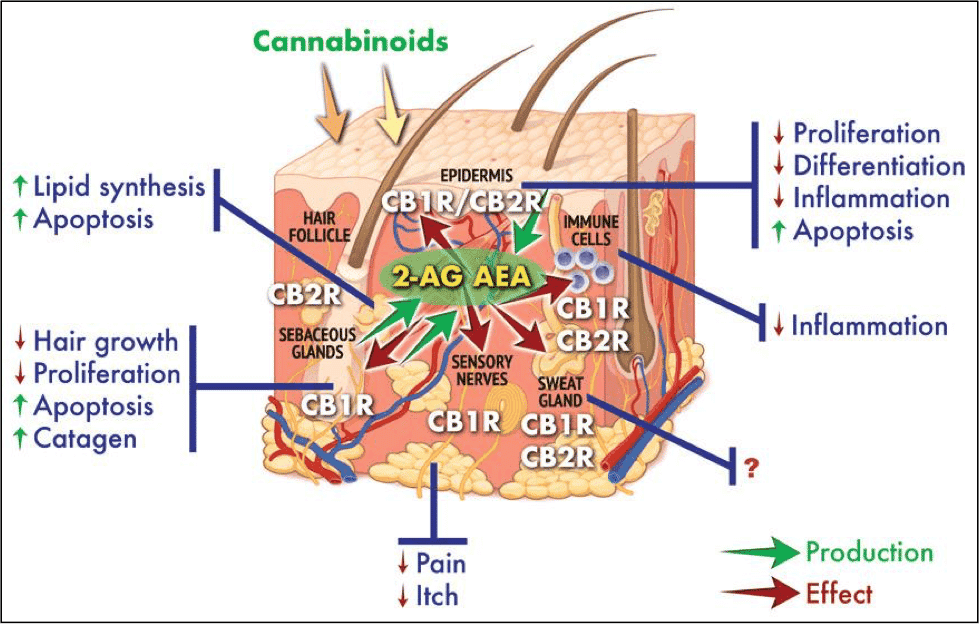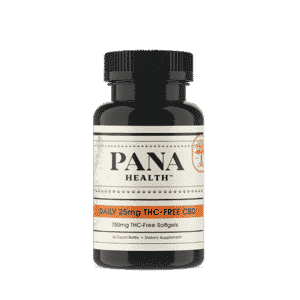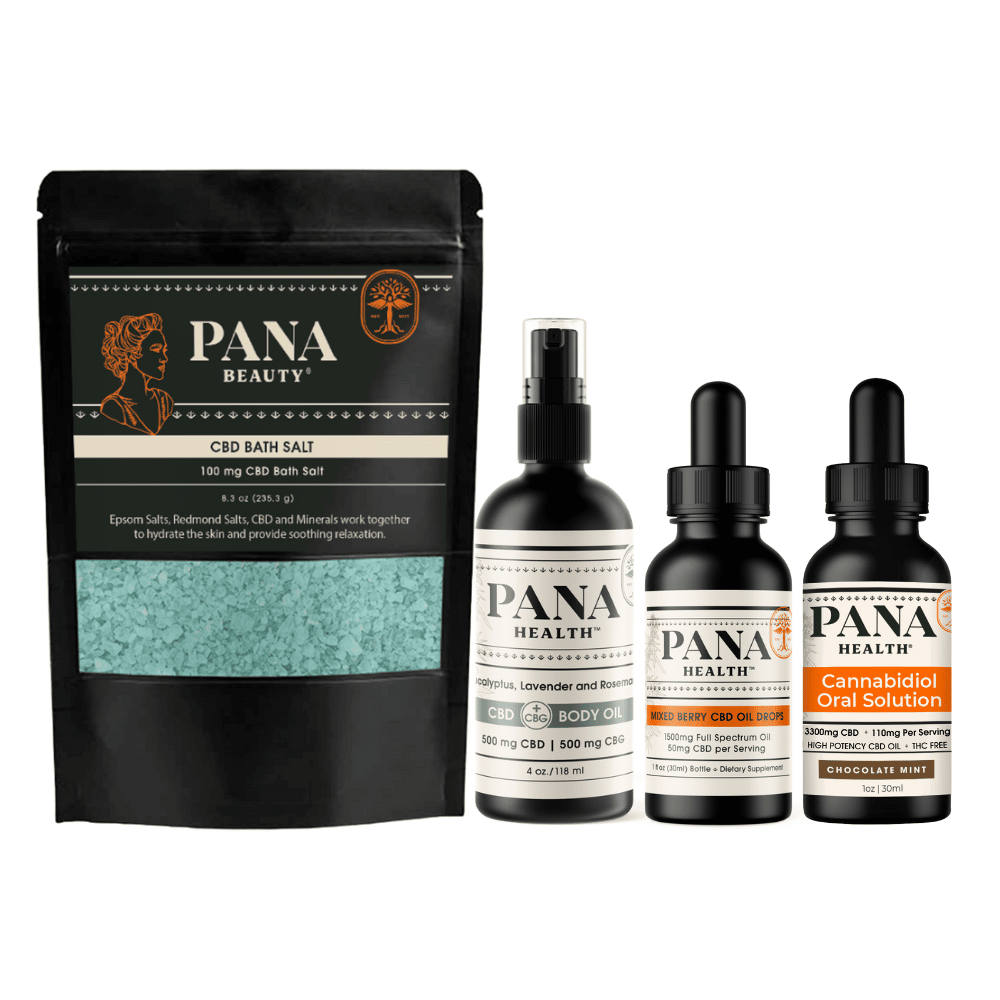Could CBD help your mental wellbeing?
Recently, CBD has probably shown up on almost every facet of your social media, radio, and television. Why? What is the big deal? CBD has been around for a long time but, in recent years has been highlighted as science has taken leaps in researching CBD and its many benefits. One of the potential conditions CBD is being researched in conjunction with is depression. Read further to understand what we at Panacea have researched for you to assist in making the decision on whether CBD can help you maintain mental wellbeing.
What is CBD (Cannabidiol)? Where does it come from?
CBD or Cannabidiol is the non-psychoactive component or cannabinoid of the cannabis and hemp plant. Researchers discovered CBD in the early 1940s but did not dive into the research of the potential benefits because they were focused on the tetrahydrocannabinol (THC) that gave users the “high” effect everyone has heard so much about. THC and CBD are both found in the marijuana plant and the hemp plant, but the two are named differently because of the amount of THC versus CBD. Marijuana has a higher concentration of THC while the hemp plant contains a higher amount of CBD. Panacea is a CBD retailer and all products contain less than .03% of THC. The extracted compound can be seen used in vapes, tinctures, topicals, edibles, and oils.
Is CBD legal? Is it legal in my state?
Yes, CBD is legal in all 50 states as of the 2018 Farm Bill. You can read a full breakdown of this bill here. Prior to the 2018 Farm Bill all products derived from marijuana or industrial hemp were controlled substances: illegal to possess or use and very restrictive to perform research. The Farm Bill legalized the growing of industrial hemp and removed products derived from hemp from the controlled substances list. Hemp and Cannabis are often used interchangeably, but there is a difference. Hemp is classified as a subspecies of the Cannabis sativa plant because it contains less than .03% of the THC compound (the compound that makes the users feel “high.”) So, yes, CBD is legal and will not get a person high. CBD consumers do not experience any impairment so are able to do everyday activities like going to work, driving, and interacting with others while obtaining the health benefits of CBD.
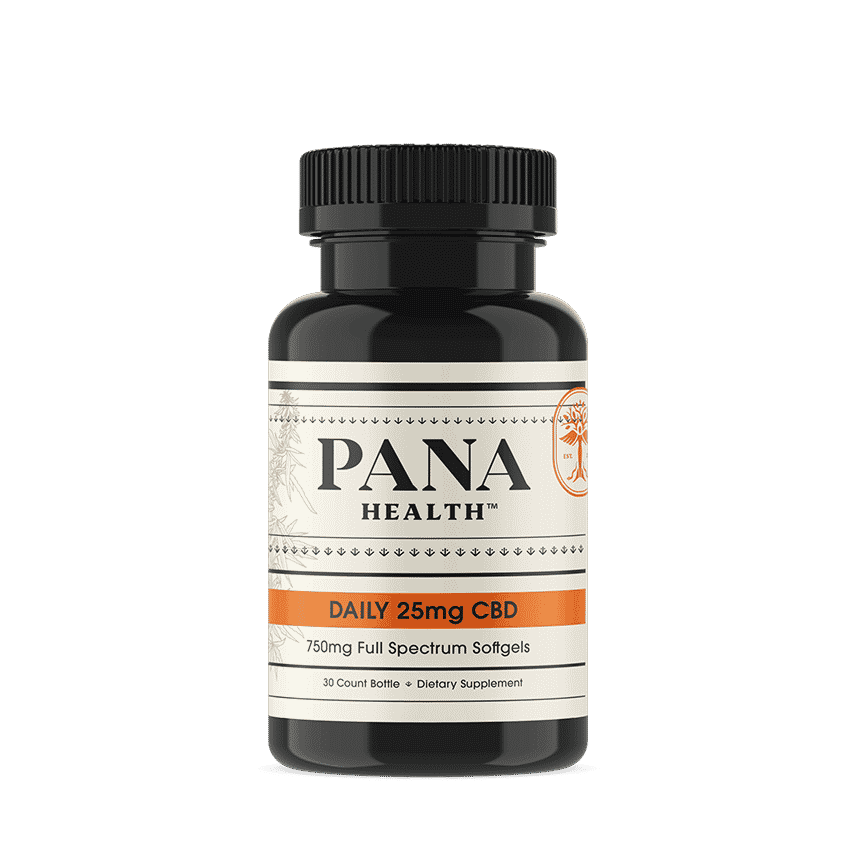
Where can I get CBD? Online? In a store?
Where consumers can acquire CBD depends on what state they live in. Ever since CBD became legal in all states, products have been increasingly available for purchase. You can find CBD through online retailers (like Panacea Life Sciences), dispensaries (in states that have legal recreational or medical Marijuana), and a variety of walk-in retail stores. You could start by researching CBD and your state to see where CBD may be located where you live or through what sites you’d be able to order CBD online.
What is the difference between CBD and THC? Will CBD get me high?
CBD is a non-psychoactive component versus THC (tetrahydrocannabinol) which is the component that gets a user “high” or produces the “mind altering” feeling you have heard and read about. This article expands more on the difference between CBD and THC. CBD and THC may both have benefits but, the mind-altering effect has kept THC illegal in many states. But, federally, CBD derived from Hemp is legal in all 50 states.
How does depression potentially manifest in a person?
Mental effects
The way depression or major depressive disorder (or other types of depression) manifests itself is different from person to person. Keep that in mind when deciding if CBD is right for you and your depression. According to the Mayo Clinic, people with depression may have feelings of hopelessness, sadness, tearfulness, and emptiness. These people may lose interest in their hobbies or the pleasure of general activities. This symptom is sometimes referred to as “anhedonia.” Anxiety may manifest itself mentally as well. People with depression may feel guilt, worthlessness or may even self-blame. They may also have trouble thinking, concentrating, remembering, and making decisions. Suicidal thoughts may be present as well.
Physical effects of depression
Generally, the mental signs of depression are experienced first, but physical signs are just as prominent. These signs may be sleeping too much or insomnia (not being able to sleep.) Becoming angry over small matters or unexplained anger may also manifest itself. A person with depression may start to speak and move slowly or slower than usual. They may also lose their appetite and lose weight or gain an increased appetite and gain weight. Anxiety may manifest itself in a physical form, too. People who may have depression may also see different types of physical problems that are unexplained.
Important note: See a physician if you believe you may have depression.
Why should I use CBD for Depression? Does it work?
Positive effects
According to this article, before taking CBD it’s important to understand that there is little research surrounding CBD and depression. That being said, CBD may have positive effects to reduce the anxiety symptoms people experience with public speaking. Research shows that CBD works to positively influence the serotonin and dopamine systems in the brain. CBD will not raise the levels of serotonin (a common issue for people with depression) but, it could affect how your body responds to the serotonin you already produce. This study concludes that there may be anti-stress related effects when CBD is taken which could reduce the effects of depression that is stress-related. In another study, their conclusions were, “These findings extend the limited knowledge on the antidepressant effect of CBD, now shown for the first time in a genetic animal model of depression. These results suggest that CBD may be beneficial for the treatment of clinical depression and other states with prominent anhedonia.” To simplify, the studies listed found that CBD may be helpful in mollifying the symptoms faced by those with depression or anhedonia.
How much should I take?
The amount of CBD a person thinking about taking depends on their own personal condition, the severity of the issues they may have and how much they want to feel the effects of CBD. It also depends on the height and weight of the individual and other medications they may be taking. Some medications may have interactions with CBD. Speak with your healthcare provider before taking CBD. It’s important to start with a low amount, see how you react to CBD, then gradually increase if you feel you need.
Are there negative effects?
There is not a large list of reported negative effects of CBD. That being said, some users have said they experience diarrhea, fatigue, and change in appetite or weight. These side effects are experienced in a small percentage of people taking very high concentrations of CBD over a prolonged period of time. There are no studies reporting long term effects of CBD in people. Although the lack of research may seem scary, the World Health Organization found that CBD is generally safe to use.
What kind should I take?
This all depends on you and your preference! There are many ways to consume CBD. A person can take CBD orally, through vaping, placing tinctures under the tongue, with CBD edibles (often found in gummy form) or by taking a soft capsule. There are also topicals such as balms, lotions, salves, and even bath bombs. Oral CBD has been known to be the quickest way of feeling the effects, but everyone is different. Click here to browse our selection of CBD products.
Should I use CBD for My Depression?
CBD has been used for many instances for a lot of people this is a choice only you can make. We highly recommend consulting your physician to explore whether adding a CBD regimen is recommended as well as doing more research. Because there are few studies on CBD’s effects on depression, potential users should do their own research and then begin to test it for themselves.
Your antidepressant prescription and CBD: Will it be effective?
It’s important to consult your physician before taking CBD with your antidepressant. It is also important to note that CBD is not a replacement for an antidepressant as there is no research to prove this. Some people have reported adding CBD in addition to their antidepressants so that they may possibly lower the dosage of their antidepressants. Work with your physician to see how to incorporate the positive effects CBD may have on you and possibly your depression.
Conclusion
All in all, it’s up to you and your willingness to try something new that may have potential benefits. Perhaps you are looking for a more holistic way of easing your mental and physical wellbeing? Or wanting to increase the benefits your antidepressant is already giving you. Or you are just curious to see what CBD can do for you? Consult your health care provider for more information on whether or not CBD could assist you.
Links used:
https://panacealife.com/cbd-vs-thc/
https://www.brookings.edu/blog/fixgov/2018/12/14/the-farm-bill-hemp-and-cbd-explainer/
https://www.karger.com/Article/Abstract/443890
https://www.healthline.com/health/cbd-for-depression
https://www.ncbi.nlm.nih.gov/pmc/articles/PMC6161644/
https://panacealife.com/a-full-breakdown-of-the-2018-farm-bill/
https://www.who.int/medicines/access/controlled-substances/5.2_CBD.pdf





